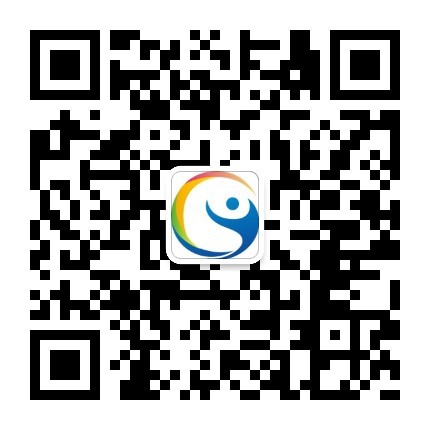写一篇关于空气负氧离子浓度监测的论文
摘要:本文旨在探讨空气负氧离子浓度的监测方法。首先,简要介绍了负氧离子的性质和作用,然后介绍了常用的负氧离子浓度监测方法,包括电位差法、微核反应器法、原子力显微镜/飞行时间质谱分析(AFM/FTIR)、可变光学材料(VOM)和多功能传感器。最后,总结了当前监测方法的优势和不足。
关键词: 负氧离子; 监测; 电位差; 微核反应器; AFM/FTIR; VOM; 多功能传感器
Introduction
Negative ions, also known as anions, are charged particles in the air that can be beneficial to human health. They can help to reduce stress and improve mood, as well as having anti-inflammatory and antioxidant effects. As a result, it is important to monitor the concentration of negative ions in the air.
Methods for Monitoring Negative Ion Concentration
There are several methods for monitoring negative ion concentration in the air. These include:
1. Potentiometric Method: This method uses an electrode to measure the potential difference between a sample of air and a reference electrode. It is simple and inexpensive but has low accuracy.
2. Micro Nuclear Reactor Method: This method uses a reactor containing radioactive material to generate negative ions which are then measured using a detector such as an ion mobility spectrometer or electron capture detector. It is accurate but expensive and potentially dangerous due to its use of radioactive materials.
3. Atomic Force Microscopy/Fourier Transform Infrared Spectroscopy (AFM/FTIR): This method uses an AFM probe or FTIR spectrometer to measure vibrations caused by negative ions in the air sample which can then be used to calculate their concentration. It is accurate but expensive and time consuming due to its complexity.
4. Variable Optical Materials (VOM): This method uses optical materials that change color when exposed to different concentrations of negative ions in order to measure their concentrations accurately and quickly without needing any additional equipment or complex calculations . 5 . Multi - functional Sensors : These sensors combine several different technologies such as electrochemical , optical , acoustic , thermal , mechanical etc . into one device for measuring various parameters including negative ion concentration . They are accurate , fast , simple and relatively inexpensive compared with other methods .
Conclusion
In conclusion , there are several methods available for monitoring the concentration of negative ions in the air with varying degrees of accuracy , cost efficiency and complexity . The most suitable method will depend on individual requirements such as budget constraints or time constraints so it is important that users select the most appropriate method for their needs .
免责声明:
以上内容除特别注明外均来源于网友提问,创作工场回答,未经许可,严谨转载。

